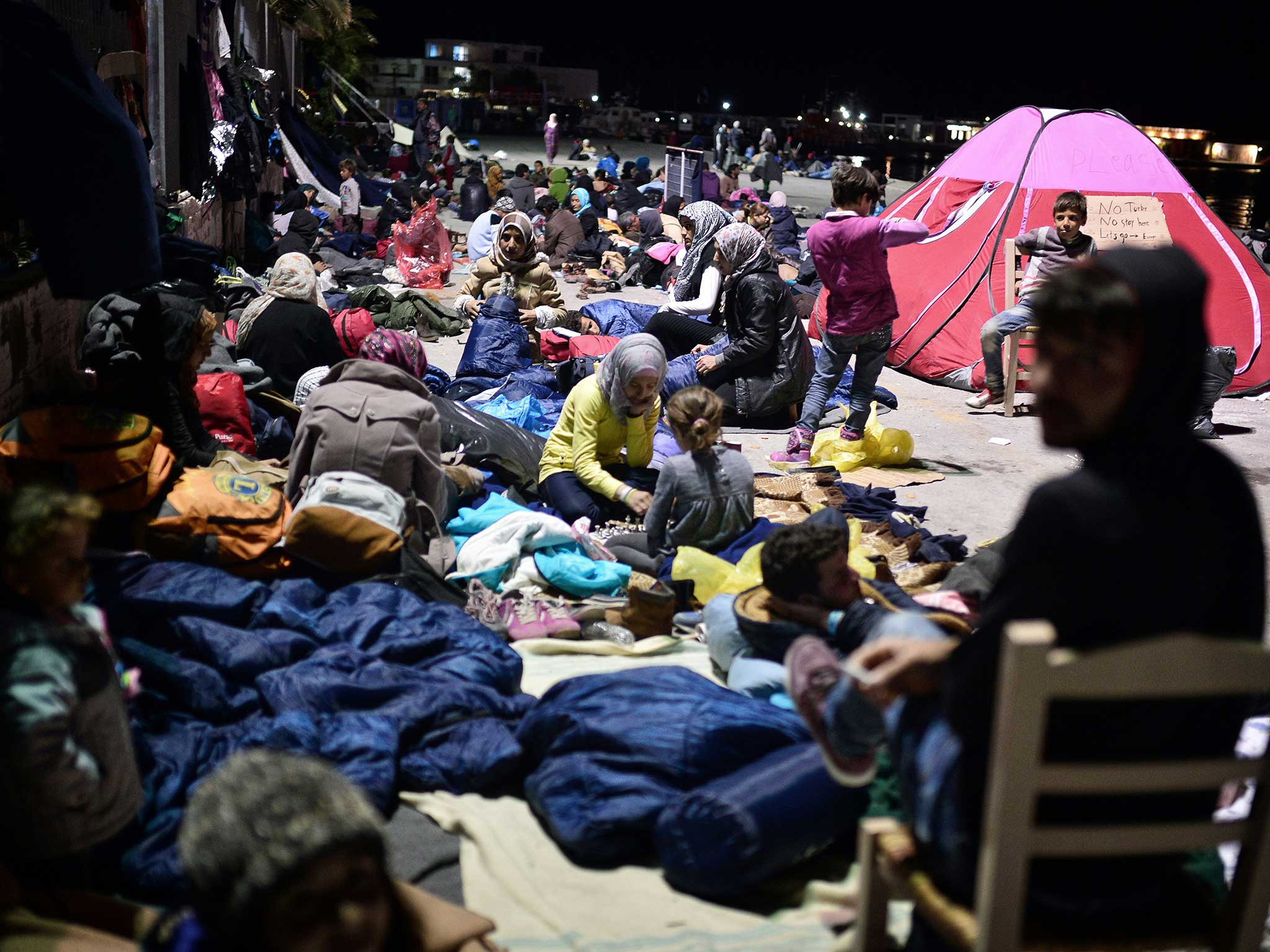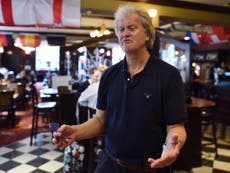Brexit may cause endless queues at Calais, but it won't halt the migrant crisis
Only if European, US and Russian leaders wind down the Syrian civil war will the flow of refugees begin to ease


Top of the EU and British agenda is the issue of controlling external borders. Britain now takes in more non-EU than European migrants and if the new Home Secretary, Amber Rudd, really wants to reduce numbers coming into the UK she needs to look beyond Europe.
In Greece and Italy authorities are at breaking point. If a deal with Turkey slowed down access from Turkish coastal regions, the refugees and economic migrants helped by their travel agencies – denounced as people traffickers, but simply providing a service for money – will move to Libya. There the destruction of the state in 2011 following British and French intervention has opened a 1,100 mile breach in the previously well-patrolled southern frontiers of the Mediterranean.
The crisis over the so-called Calais “jungle” is not new, nor is the wider political turbulence over Angela Merkel’s Wir schaffen das opening of German borders to refugees concentrated in holding camps between the Middle East and the Alps. Extending the current security fence to discourage (but not prevent) people from jumping lorries will make little difference until the source of refugee flows is dealt with.
Merkel’s generosity over refugees cost her seats in the East German Land election earlier this month but the Social Democrats and Greens also lost to the anti-refugee Alternative für Deutschland populists. She has since made clear she is not going to create a Festung Deutschland or refuse to allow refugees to enter Germany.
The first Wir schaffen das European leader was, in fact, Edward Heath. In the early 1970s he defied public, tabloid and political opinion and opened Britain’s borders to let in 103,000 Muslim immigrants seeking to flee the horror of Idi Amin’s rule in Uganda and other East African despots. Some of the stars of British public, media and business life today are the sons and daughters of that wave of immigrants. Heath took the decision against much of public opinion and against the Nigel Farage or Boris Johnson of the day – Enoch Powell.
It may have cost Heath the 1974 election and certainly Margaret Thatcher sent out anti-refugee signals when she spoke of Britain being “swamped” by immigrants as part of her bid to win power in 1979.
Merkel seems more a Heath than a Thatcher, but handling mass people movement is never easy. Take Calais, where the French interior minister, Bernard Caseneuve, has said he will demolish the Jungle by Christmas. New immigrant reception centres are being opened in old railway sheds in northern Paris. Caseneuve, a close ally of President François Hollande, is moving to take Calais off the political agenda in the run-up to the presidential election in France next May. But again, he is doing nothing new.
In 2002, the Calais Jungle was full of refugees who had fled from the Serb atrocities in the former Yugoslavia, as well as those coming out of Afghanistan or those just hoping for a better life after leaving Africa. The interior minister in France at the time was the hyper-energetic Nicolas Sarkozy. He moved swiftly to close Calais down. But then the next year, 2003, came Iraq and eight years later Sarkozy – by now the president of France – intervened in Libya.
Discussions about Schengen, deporting refugees, closing down the Calais Jungle for a few months or blaming Paris or Merkel are irrelevant: Iraq, Syria and Libya continue to produce refugees and immigrants to the West at a rate not seen since the Vietnamese boat people or even those displaced at the end of the Second World War.
Brexit will make matters worse. The introduction of UK entry visas for 450 million Europeans in an attempt to limit and monitor movement of people, either before travel or via a passport stamp, and the inevitable reciprocal action from EU nations will make for endless delays at Calais and Dover, as well as St Pancras and Gare du Nord.
If all of Europe took a share of the refugees the problem would be manageable. The churches in Germany and in other countries have been generous with their support. Pope Francis told the Poles to stop being so mean and ungenerous and washed the feet of refugees of all faiths on the Italian island of Lampedusa.
The most significant step would be if European, US and Russian leaders could wind down the Syria civil war, even if that means holding noses and dealing with dictators, as Sarkozy and Cameron might have been advised to have done with Gaddafi, and Bush and Blair with Saddam. Then, finally, refugee flows will ease.
Another would be to create a serious fleet of naval vessels from all European navies (not just EU member states) in the Mediterranean to turn back illegal entryists.
Meanwhile, the British – who Europeans believe to have invented the queue – had better get used to tired feet and strained backs. The business of going in and out of France and other EU countries will needlessly make queuing a 21st-century British speciality once Theresa May’s vision of full-on Brexit immigration controls is turned into law.
Denis MacShane is the UK’s former minister of Europe and author of ‘Brexit: How Britain Left Europe’


Join our commenting forum
Join thought-provoking conversations, follow other Independent readers and see their replies